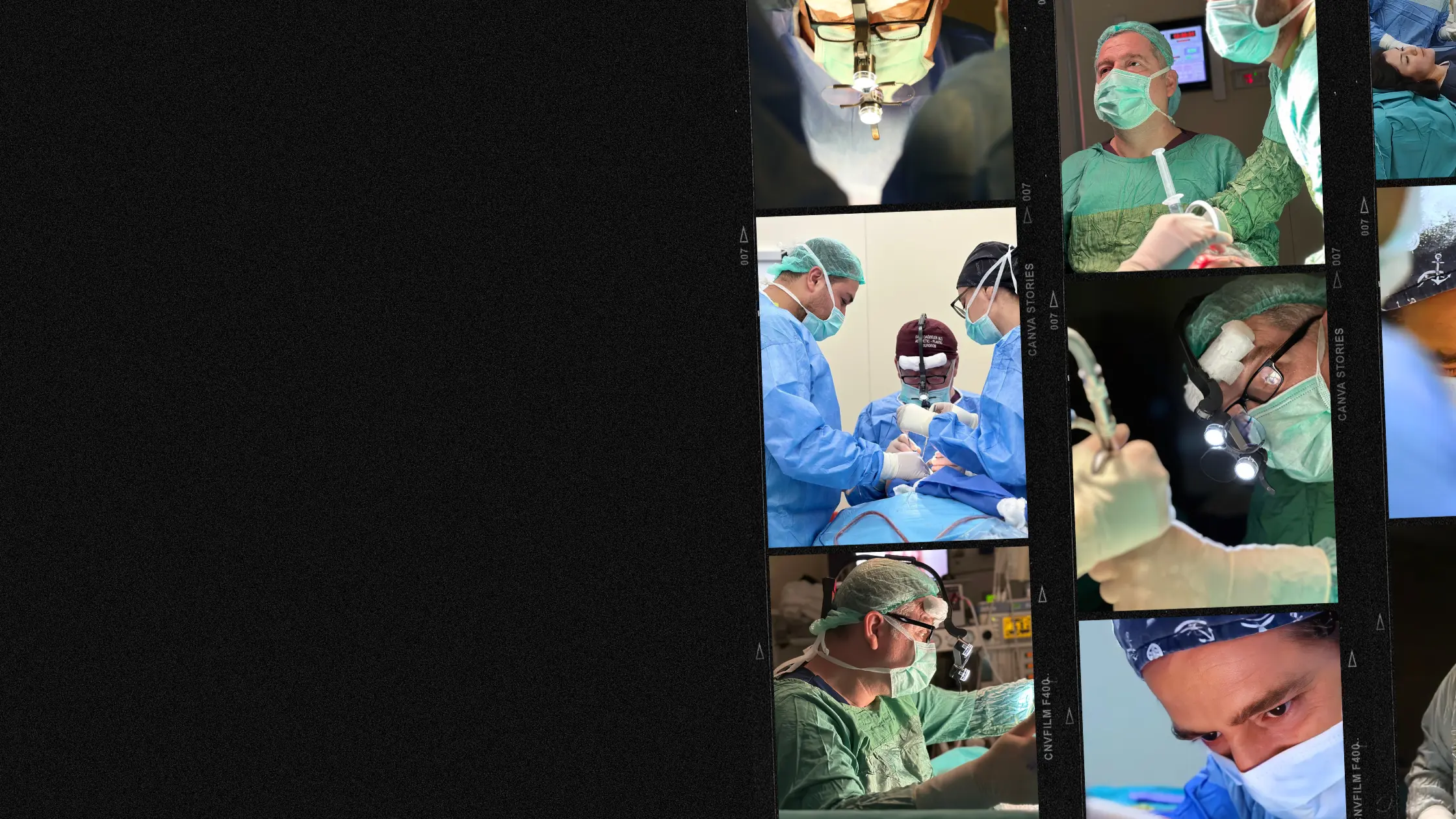Impact of Scalp Microbiome on Hair Follicle Health and Transplant Success
The scalp microbiome, a complex ecosystem of bacteria, fungi, and viruses living on the scalp, plays a critical role in the health of hair follicles and the success of hair transplants. This academic paper explores the connection between the scalp microbiome and hair follicle health, the factors influencing the microbiome, and how understanding this relationship can enhance hair transplantation outcomes.
The Scalp Microbiome and Hair Follicle Health
Recent advances in microbiome research have illuminated the intricate relationship between the scalp environment and hair follicle health. The scalp microbiome comprises numerous microorganisms, including Staphylococcus, Propionibacterium, and Malassezia species, which maintain the scalp’s homeostasis.
Microbiome Composition
Studies have shown that a balanced microbiome is essential for optimal hair follicle function. An imbalance, known as dysbiosis, can lead to scalp conditions such as dandruff, seborrheic dermatitis, and folliculitis. These conditions not only affect scalp health but also compromise hair growth and potential success in hair transplantation.
Impact on Hair Growth
The microbiome influences hair growth by interacting with hair follicle stem cells and immune cells. An overgrowth of harmful bacteria like Propionibacterium acnes can trigger inflammation, leading to hair loss conditions such as alopecia. Conversely, a healthy microbiome supports hair growth by fostering a conducive environment for follicle vitality.
Hair Transplant Success and Scalp Microbiome
Understanding the scalp microbiome’s role is crucial for enhancing hair transplant success. Transplant procedures necessitate a stable and healthy scalp environment to ensure graft survival and growth. Pre-transplant assessments should include evaluating the scalp microbiome to optimize outcomes.
Pre-Operative Evaluation
A comprehensive pre-operative evaluation should encompass microbiome analysis to identify any imbalance. This evaluation helps in tailoring pre-surgical treatments such as antimicrobial washes or probiotics to restore a healthy microbiome, thereby improving graft acceptance and growth post-transplantation.
Post-Operative Care
Post-transplant care should include measures to maintain or restore microbiome balance. Anti-inflammatory treatments, coupled with probiotics, can aid in minimizing post-surgical complications such as infection or graft rejection. Regular monitoring of the scalp microbiome is recommended to ensure long-term transplant success.
Enhanced Hair Transplant Techniques
Emerging techniques in hair transplantation consider the microbiome’s role, leading to improved patient outcomes. These techniques focus on minimizing trauma to the scalp’s microbial community and enhancing the local environment for graft survival and integration.
Microbiome-Friendly Techniques
Techniques such as Follicular Unit Extraction (FUE) and Direct Hair Implantation (DHI) are less invasive and help preserve the scalp’s microbial balance. These methods, combined with targeted antimicrobial treatments, reduce the risk of dysbiosis post-transplantation.
Probiotics and Prebiotics
Incorporating probiotics and prebiotics in hair transplant protocols can foster a healthy microbiome. Probiotics such as Lactobacillus and Bifidobacterium can enhance scalp health, while prebiotics provide necessary nutrients to beneficial microbes, promoting a favorable environment for hair growth.
Future Directions and Research
Ongoing research aims to unravel the complex interactions between the scalp microbiome and hair follicles further. Advances in genomic and metagenomic technologies will facilitate a deeper understanding of these interactions, paving the way for innovative therapeutic approaches in hair transplantation.
Personalized Medicine
Future hair transplantation may involve personalized treatments based on individual microbiome profiles. Tailoring interventions to restore and maintain microbiome balance could significantly enhance transplant success rates and patient satisfaction.
Holistic Approaches
Integrating holistic approaches, including diet, lifestyle, and microbiome-targeted therapies, will be pivotal in maintaining scalp health and promoting successful hair transplants. Collaborative efforts between dermatologists, microbiologists, and transplant surgeons will drive these advancements.
Conclusion
The scalp microbiome’s impact on hair follicle health and hair transplant success is undeniable. A thorough understanding and targeted modulation of the microbiome can lead to improved outcomes in hair transplantation. By incorporating microbiome-friendly techniques and personalized care plans, we can ensure that every patient achieves optimal results.
Call to Action: If you are considering a hair transplant and want to ensure the best possible outcomes, it’s crucial to have a comprehensive evaluation of your scalp’s health. Make an appointment with our expert team at Dora Hospital to discuss how we can tailor a hair transplant plan to suit your needs. Visit our appointment page or contact us via WhatsApp at +90 507 178 17 79. Let us help you achieve the healthy, vibrant hair you deserve.


